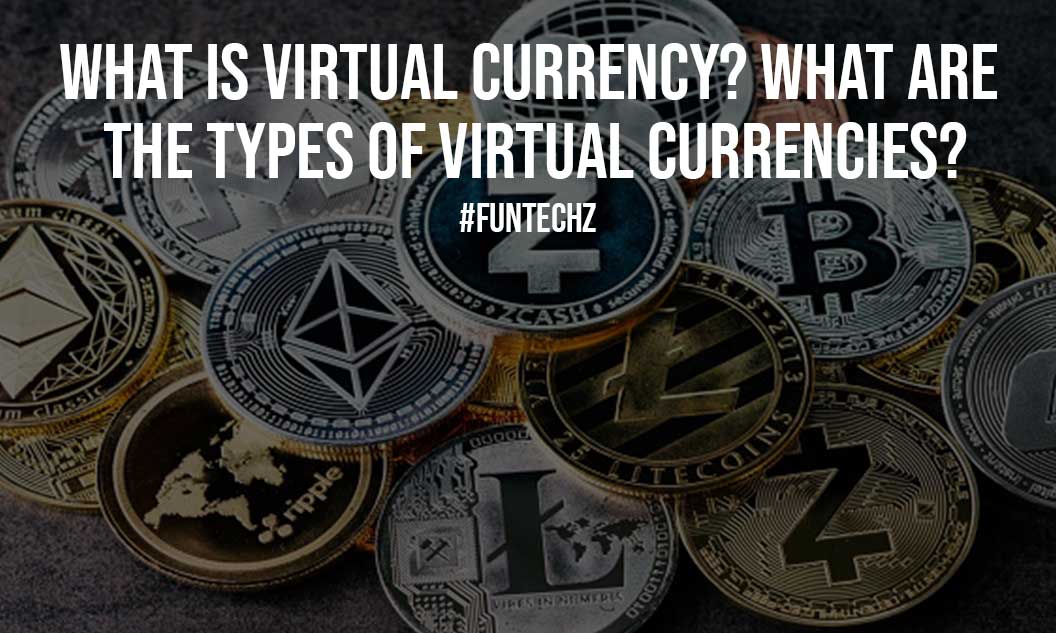Virtual currency is available in electronic form and with it, its value is seen to fluctuate greatly. It can be stored and easily transacted with specified software, computer application, or mobile. Transactions with virtual currencies are done through secure, dedicated networks and the Internet. It is released by a group of developers or private parties and most of the jobs are irregular.
Virtual currencies are considered a subset of digital currencies, which include other digital currencies. Fast transaction speed and it is quite easy to use to reap the benefits with virtual currencies.
One disadvantage you may face with virtual currencies is that they are always at risk of being hacked and also investors cannot get legal recourse as they are not regulated.

If you are interested in bitcoin trading visit bitcoins-era.biz.
Key Takeaways
- The value of all these virtual currencies is represented digitally with which transactions are carried out through online networks or the Internet.
- We also know virtual currency by the name of digital currency.
- All virtual currencies are issued by private organizations or a group of developers, most of which are unregulated.
What is Virtual Currency?
Virtual currency is a digital currency that can be transacted through the electronic medium, now it is not a completely digital currency but a subset of them that is issued or released by any private parties in the form of tradable tokens.
Now using virtual currencies or trading using them is because they provide faster transactions and are easy to use, also it comes with lots of advantages related to its security and speed.
Also Read: Schiff vs Scaramucci, BTC TKO Seen as Gold (2021)
Types of Virtual Currencies
Depending on the operating network, other virtual currencies are classified into several types as described below:
Closed Virtual Currency
A virtual currency, by the name of which you would have guessed that it operates in a private ecosystem. It is a closed virtual currency that is being used as a digital currency in a virtual community or market. A closed virtual currency can never be regulated with the real economy.
This currency can never be used as legal tender in business transactions. As the name suggests, a closed currency is used as a form of payment with a closed circle, and a virtual community has been created for it.
Open Virtual Currency
Another name for open virtual currency, which we also know as convertible virtual currency can convert these currencies into other forms as well. It operates in an open ecosystem and can also be converted into other currency within or outside the platform. For example, open virtual currencies include stable coins and cryptocurrencies.
Both bitcoin and Ethereum are the largest cryptocurrencies by market capitalization or can be converted into fixed fiat currencies. Along with the conversion process, the IRS is also known to have a business transaction that may be taxed.
Open virtual currencies have a decentralized setup, with cryptocurrencies centralizing the design of Ripple’s XRP, which means that the central agency responsible for both distribution and production is the same.
Also Read: Reasons That Have Convinced Individuals To Actively Participate In Bitcoin Trading
The Bottom Line
Virtual currencies have a digital representation of value and exist only in electronic form, you can access it only through the Internet, which makes them very easy to use. Tokens and cryptocurrencies are included in the form of virtual currencies.
Virtual currencies have a new form of their own, most of which are unregulated. But at the same time its status is changing, and with it the increasing number of government agencies and virtual currencies being introduced into some country’s economies, the implications are to be considered.














+ There are no comments
Add yours